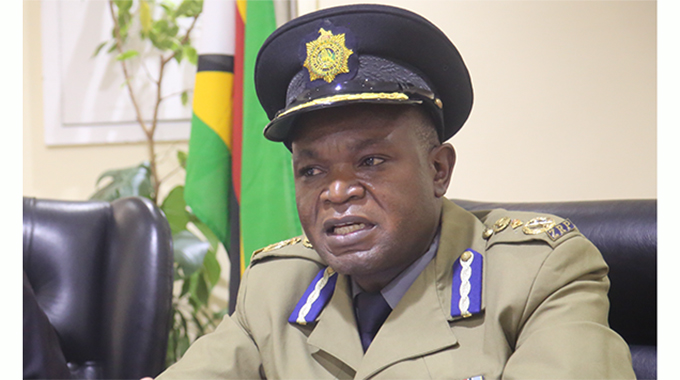‘Ensure new constitution enshrines gender equality’
Zimbabwe falls far short of the Sadc target of equal representation of women and men in politics and decision making, with only 18 percent women in local government and a mere 15 percent in Parliament.
The country is also way behind on regional statistics, where Seychelles’s parliament is made up of 45 percent women, in neighbouring South Africa, women have 44 percent representation in parliament, 44 percent in cabinet and 40 percent in local government.
In Angola, 38 percent of members of parliament are women, in Mozambique the figure is 36 percent while in Lesotho, the representation of women in local government has dropped from 58 to 46 percent.
The Sadc Protocol on Gender and Development calls for a 50-50 representation by 2015 and has set 28 targets to be achieved within the same period to ensure gender equality.
The protocol has been described as a road map to achieving Millennium Development Goal three which is gender equality.
High level delegates from councils, local government associations, non-governmental and community based organisations from across the country called on Copac to take advantage of the writing of the new constitution to include in the constitution a provision for gender equality.
Gender links chief executive officer Ms Coleen Lowe Morna, called on Zimbabweans to unite to change the status quo.
“Zimbabwe has signed and ratified the Sadc protocol on gender development. We must therefore create mechanisms to ensure women’s equal participation in all areas of decision making by 2015. The best way of doing so is to ensure that gender equality is enshrined in the constitution,” said Ms Morna.
The Zimbabwe Local Government Association (Zilga) gender programme officer, Ms Pamela Nape, said laws should be put in place to compel political parties and Government to set aside specific constituencies and wards where only women candidates would be allowed to contest.
Convened by Gender Links, Zimbabwe Local Government Association and Women in Politics Support Unit (Wipsu), the summit brought together 84 delegates from the country’s 10 provinces who all spoke with one voice on the need to address gender violence and empower women.
About 53 entrants showcased work on the ground in 10 categories, institutional change, leadership, youth leadership, support, response and prevention of gender based violence (GBV); HIV and Aids care work; gender governance; local economic development and climate change.
The winners will go on to compete in the regional Gender Justice and Local Government Summit in Johannesburg, South Africa, from 23 to 25 April.
The summit was organised by Gender Links, a Sadc non-governmental organisation mandated to implement the protocol.
Broadly, the protocol advances gender equality by ensuring accountability by all Sadc member states, as well as providing a platform for the sharing of best practices, peer support and review.
It aims to reform constitutional and legal rights to enshrine gender equality, governance, gender representation, participation, equal access to education and training for both sexes and take measures to promote the equal representation of women in ownership and decision making structures in the media as well as other sectors.
Member states submit comprehensive reports to the Sadc secretariat every two years indicating the progress made on the implementation of the provisions.
The protocol was adopted by the region on 17 August 2008 and Zimbabwe became a signatory in 2009.









Comments